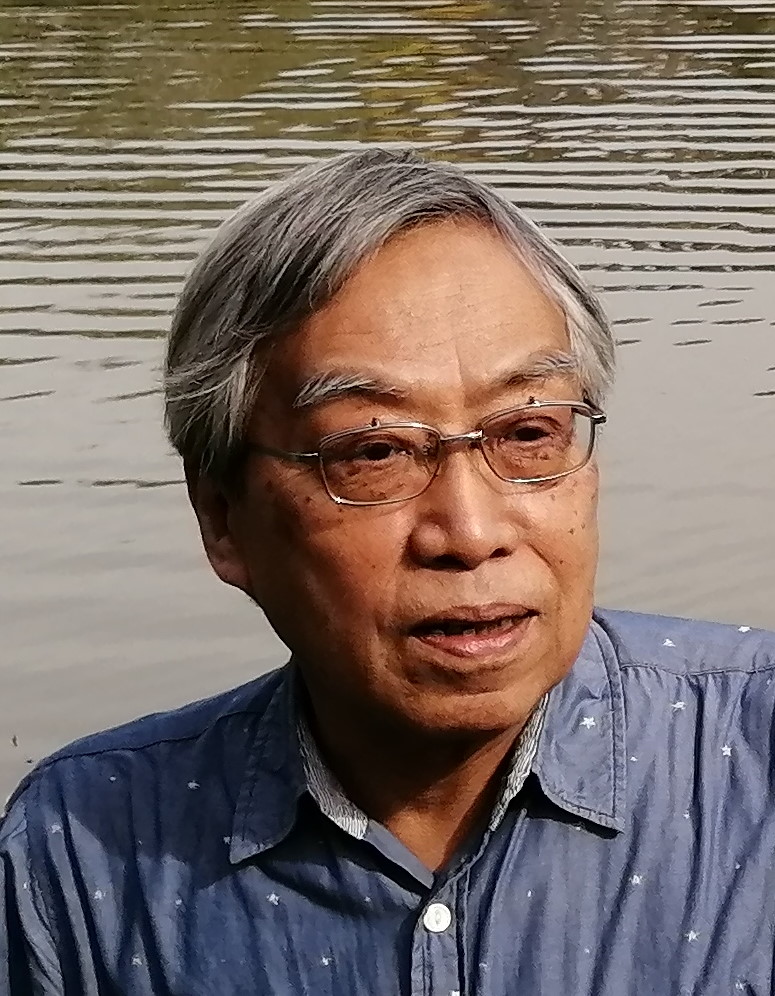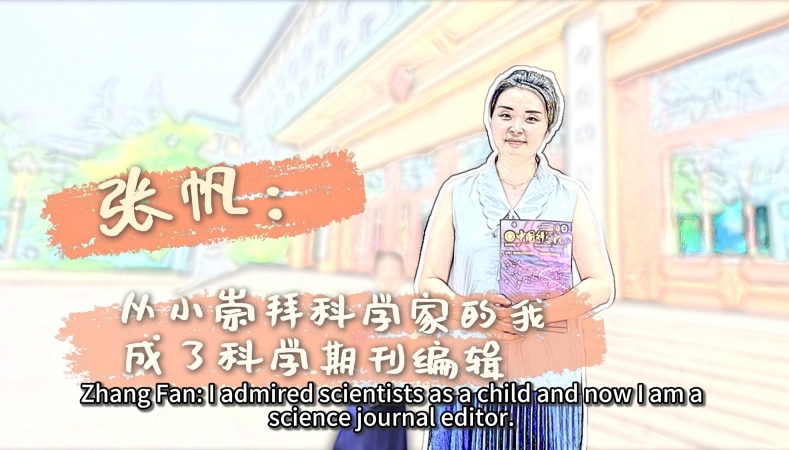Pioneer in Speech Science: Kiyoshi Honda

Professor Kiyoshi Honda. (COURTESY PHOTO)
By BI Weizi
After receiving his PhD from the University of Tokyo, Kiyoshi Honda worked at the ATR Research Institute in Japan as a supervisor of speech science research, then at the University of Wisconsin in the U.S., and Université Sorbonne Nouvelle-Paris 3 in France.
After joining Tianjin University in 2012, Honda led a multidisciplinary speech physiology research team, which is a cutting-edge research project in the field of life information science today. In June 2012, he was awarded the Quintana Award, the highest award in the field of speech science. Recently, Honda spoke to Science & Technology Daily to introduce his research achievements and share his insights on cooperation between China and Japan.
Science & Technology Daily: What is your story with Tianjin University ?
Kiyoshi Honda: I came to Tianjin, China, in 2012. The previous year, when I was in Paris, I received a call from Professor Jianwu Dang at Tianjin University. He asked me to apply for the National Program of Foreign Experts.
Professor Dang was my former colleague in Japan, and I immediately agreed to do so. Therefore, it was natural for me to join Tianjin University for his project. I already knew that a new international program is starting between Tianjin University and Japan Advanced Institute of Science and Technology.
Having lived in Tianjin for many years, how do you like the city?
Tianjin was familiar to me, as it is also to many Japanese people. I liked Tianjin for the modern, international, and accommodating atmosphere. Some areas downtown resemble streets in Paris, which also attracted me. I enjoyed working with our colleagues, sporting staff, and students, since they are particularly kind to me and respectful of my age. I presumed that university students generally want to keep a distance from professors, but I was wrong. I am particularly grateful that I am able to spend a pleasant life in China with intimacy of my students.
Speech science involves integration of many basic disciplines. What are your suggestions on basic science research and student training?
Speech science is not a single field of research, but it is multidisciplinary, combined with linguistics, physics, biology, and engineering. It is difficult to learn because basic knowledge of such wide fields is required. No single teacher could teach everything, and no student can learn the whole in a short time. Ideally, it is recommended to be instructed by a group of researchers from many fields. Many important studies have been done at specialized institutes, such as MIT, with resources of many outstanding researchers.
There is a lot to be done to translate experimental science results into industrial applications. What is the biggest challenge in this process?
The role of basic science is to contribute to promoting human happiness through applications of basic knowledge. However, the gap between basic and applied studies is always large. Results from basic studies are inevitably slow to come out, while application work tends to demand immediate solutions. Learning historical work would suggest a hint: many new technologies are based on fundamental scientific discoveries, and this consensus should be shared by both parties of researchers.
Currently, speech technologies are most acutely developing in China as part of AI technology, but it is recommended that speech technology is to simulate uniquely-human functions in communication via the sounds generated by our body.
Could you please introduce one of your major achievements that has been widely applied?
My major contribution to the industry was the idea of a high-speed digital imaging technique. The story goes back to the 1980s, when I experienced high-speed cinematography for observing the voice production mechanism. This technique required a large-scale and clumsy system, and had been used for forty years since 1940. I hit upon an idea of using a digital image sensor and high-speed digital memory. I constructed a prototype of a high-speed recording system using a linear (1D) image sensor. Then, I proposed a new system with a 2D image sensor, and this idea became a main project of the institute.
The first system was invented in 1987, and the whole technology was transferred to a company to realize the first high-speed digital imaging system to be used in industrial investigation to record high-speed mechanical motions. At that time, digital cameras were about to enter the market. Nowadays, high-speed movie cameras are widely available from many companies worldwide as convenient instruments. Retrospectively, "inconvenience in research" was the seed of a new technology.
You were bestowed with the Chinese Government Friendship Award in 2020. What does this award mean to you?
I received the Chinese Government Friendship Award in 2020, and it is a great honor for me to be chosen among many others. This gift is for all my co-workers because I believe that it is awarded to all those who supported me to continue to work in China for ten years. I intended to contribute to development in China through my work with them by seeking something exciting to happen around us.


